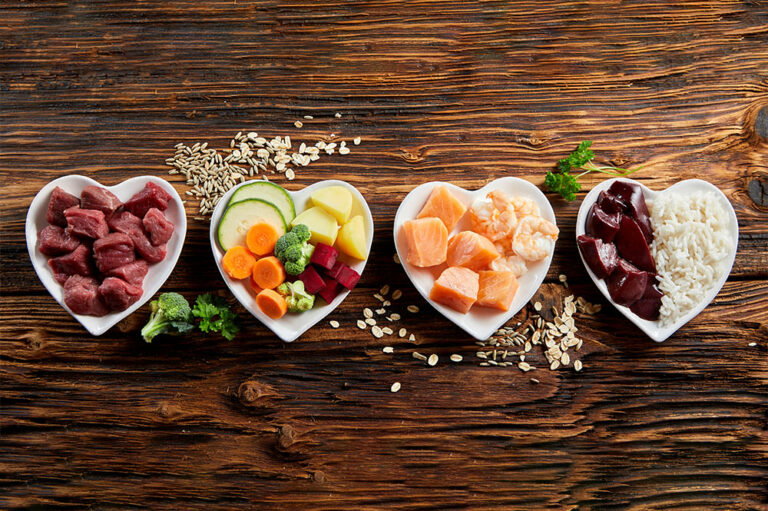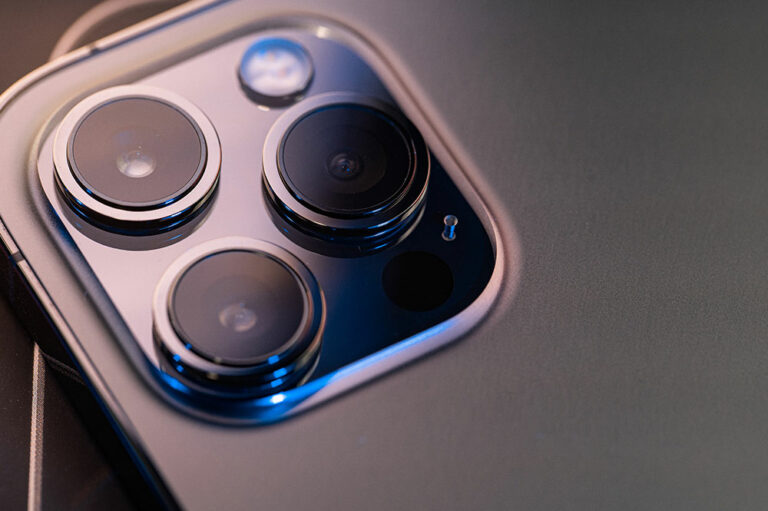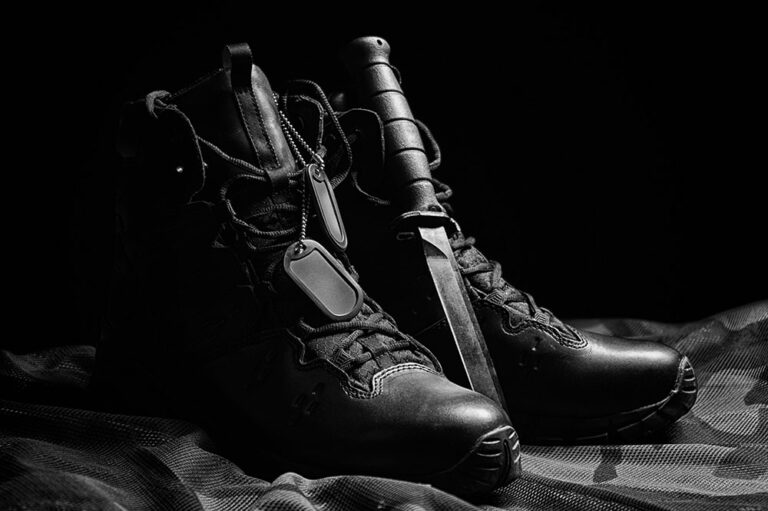For most holiday travelers, going on a cruise is a great way to unwind from life’s daily hustle and bustle. Once aboard, they can simply take a nap whenever they feel like it, enjoy sunrise and sunset without worrying about deadlines, or spend hours playing cards with their friends. But, amidst all the fun, travelers must be careful about what they eat on a cruise. Here are five foods to avoid when on a cruise:
Scrambled eggs
Scrambled eggs (especially when it is made and served on a cruise) often contain harmful bacteria such as listeria and salmonella that can give anybody a bad tummy for days, or might lead to other diseases. This makes scrambled eggs one of the top five foods to avoid when on a cruise. To avoid stomach sickness, travelers can instead opt for fresh or hard-boiled eggs instead of scrambled eggs.
Old pizza
Unfortunately, most pizzas served on cruises may come with a congealed-cheese look, indicating that they have been kept in the open for a while. Such pizzas are old and, most possibly, stale, making them unfit for a meal. In fact, any dishes containing old cheese, if served aboard, automatically classify into the top five foods to avoid when on a cruise.
Sushi
Sushi and seafood need to be devoured hot, fresh, and only when they are cooked properly. Unfortunately, travelers will not have the means to check whether the sushi they are served on a cruise is freshly cooked or just heated in an oven. Also, sushi, like pizza, is highly craved by the masses. This reduces the incentive for the catering team aboard a cruise to put in the effort to make exquisite sushi on order. Therefore, avoiding it altogether is the right option.
Soft-serve ice cream cones
Soft-serve ice cream machines are handled by possibly several pairs of hands throughout the journey. Many of these hands may be unclean. Therefore, soft-serve ice cream cones also carry the threat of diseases. This is why ice creams also make it to the list of foods to avoid when on a cruise.
Local water
Many destinations or cruise kitchens may not have clean, filtrated, and nutrient-rich drinking water. However, chugging that kind of water may cause sickness or digestive issues. Therefore, travelers can steer clear of the local water offered to them onboard and instead opt for bottled water.



